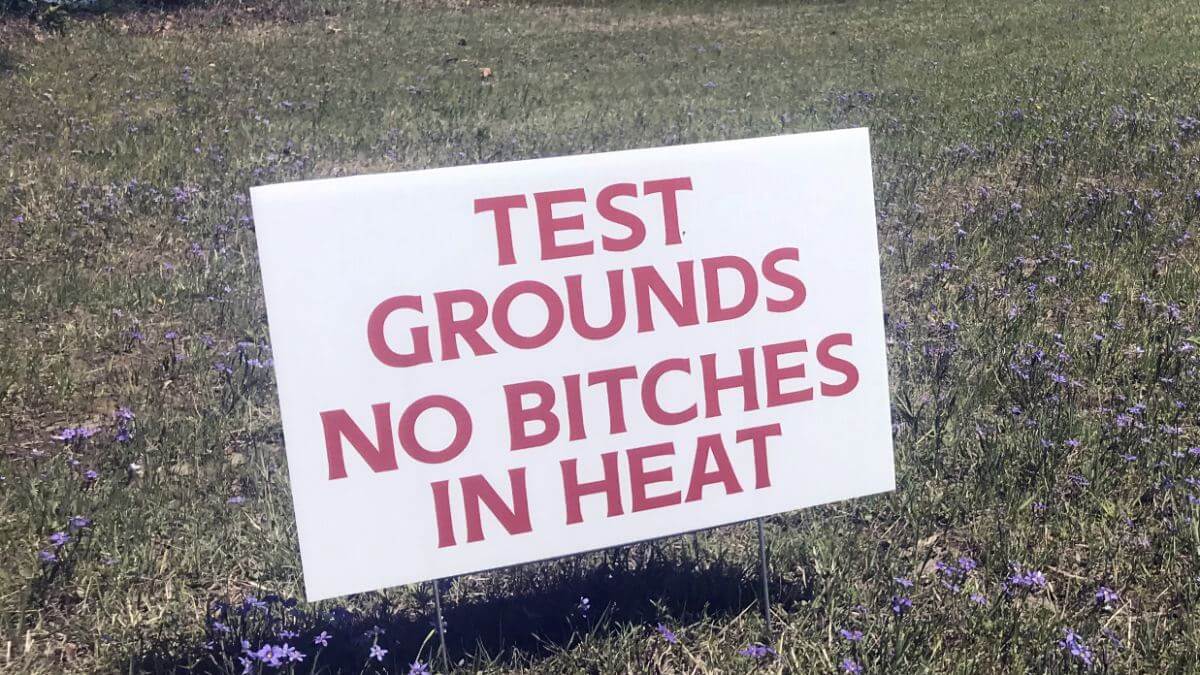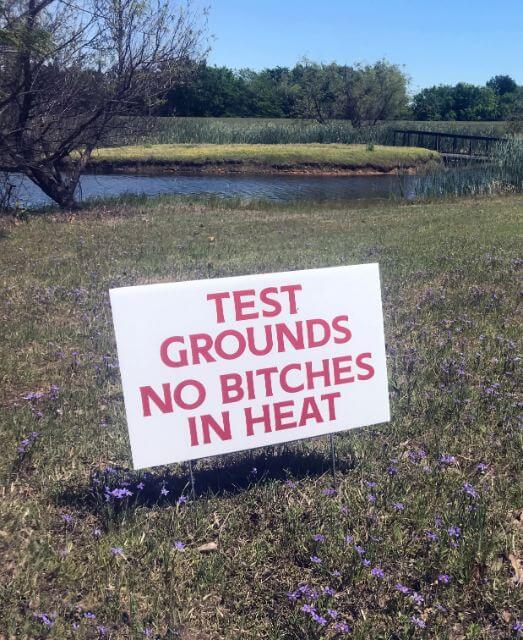


Home » Sharing a Passion & Maintaining a Focus

Purebred dog breeders and exhibitors are undeniably passionate about their interests. Whether planning a litter or competing in an event, most people who participate in the sport of dogs do so with gusto. Dedicated dog people typically demonstrate an unwavering commitment in all they do, and there’s never a shortage of lively conversation whenever and wherever they gather. However, not everyone who breeds or competes has the same level of devotion or the same goals. In a sport that continues to offer more and more choice when it comes to participation, the possibilities of what to do and where to go can seem overwhelming at times. These days, more than ever, it can be a challenge to share a passion for dogs with the community at large while also maintaining a focus on so many personal goals.
For those who breed, the passion usually begins with the breed itself. Affenpinscher people simply know who they are by virtue of their shared devotion to the breed, just as breeders and exhibitors of Xoloitzcuintli do. Once the allure of a particular breed has taken hold, there’s little that can be done about it. The best course of action is to simply acquire a quality dog from a preservation breeder, join the parent club, and forget about planning vacations for the next several decades that don’t include trekking across the country in an SUV filled with dogs and doggie equipment. For better or worse, life will never be the same.
Dog show exhibitors, like many breeders, often discover their passion in the show ring. For roughly 150 years, blue ribbons have been miraculously converting unsuspecting novices into zealous opponents. Many delighted exhibitors have described the experience as being “hooked,” an epiphany of sorts that releases a hitherto unknown desire to win (or at least the need to make incremental improvements in presentation). That first ribbon typically leads to the first point, which leads to the first major, which leads to the first championship, which leads to the first grand championship (B/S/G/P), which leads to the first (NOHS) Group placement, which leads to the first (NOHS) Group win, which leads to the first (NOHS) RBIS, which leads to the first (NOHS) BIS, which leads to the first Specialty BIS, which leads to the next dog and the chance to do it all over again—with a bigger budget.

For those who have a passion for dogs with titles on both ends of their registered name, there’s never been a better time to be involved in the sport. The AKC currently offers a total of 45 prefix titles and 230 suffix titles that can be earned in a mind-boggling array of companion and performance events. Similarly, a number of parent clubs have breed-specific titles that may be recognized by the AKC. These range from Coaching Certificates for Dalmatians to Sled Dog titles for Siberians. Fifty-five Working Dog titles are also on offer for breeds in several Groups, and a dozen Carting and Drafting titles are a possibility for individual dogs of the breeds that qualify.
If these numbers don’t impress, competitors who are looking for even more possibilities to earn titles on their dogs can participate in several events that are included in AKC’s Title Recognition Program. Barn Hunt, Dock Diving, and Flyball are a few popular examples, each of which is governed by an organization that offers titles which may be recognized by AKC through an application process. For those breed-specific parent club titles, an application is likewise needed for AKC recognition. (It should be noted, however, that at the discretion of the superintendent or secretary, some of these titles may or may not be listed in an event catalog.) In either case, the titles become an official part of a dog’s registered name.
With so much choice, it can be easy to get caught up in the fervor of competing in two, ten, or twenty different activities. After all, achieving titles that are progressively more difficult speaks to the inherent nature of the genuine competitor—and it can be great fun for the right dog. But the passionate pursuit of titles and awards can also have a challenging effect on exhibitors who are likely to become overwhelmed by all the possibilities. Not everyone is skilled at the kind of recordkeeping that’s required and not all competitors have the grit and determination necessary to succeed in more than a few arenas. (This is true for some of the dogs as well as their handlers.) For these exhibitors, the “show and go” method of achieving all those titles can be, well, just too much. For these participants, less is more.
One of the great things about all the variety that’s available to exhibitors today is there’s plenty of room for everyone—and every dog. Never before has the landscape of AKC events been so diverse and inclusive. This is something that is celebrated by every exhibitor whose dog competes and earns a title—or many titles. Those letters and numbers represent a sport that has expanded in ways that have welcomed a broader base of people who enjoy doing things with their dogs. In this way, the community has managed to grow, even welcoming mixed breed (All-American) dogs and their handlers into the fold. The growth that’s represented by the inclusivity has proven to be good for the overall health of the sport; however, it is questionable how effective it has been for supporting the interests of individual breeds and encouraging the commitment of individual breeders and exhibitors.
At most Conformation shows, entries in the classes have plummeted. The result has been a general decrease in the value of a championship (and that of breeding a champion) in favor of earning a diversity of titles on a single dog. For many exhibitors, the focus has shifted away from the need to preserve and promote an individual breed towards achieving titles (and ratings) for an individual dog. This is not an entirely new phenomenon, of course, but the sheer amount of personal choice that’s available to today’s exhibitors can leave little time to attend to the collective needs of a specific breed. This is why active participation in a breed’s parent club is so important today. Membership creates a community of individuals who share a passion for a distinct breed, and it also allows individual members to maintain a focus on personal goals while supporting the best interests of the breed as a whole.
Every title earned and each award received represents not only the abilities and dedication of a particular dog and handler team but also the legacy of all the dogs in the pedigree and the people who were responsible for them—exhibitors with a focus on performance and breeders with a passion for the breed.
